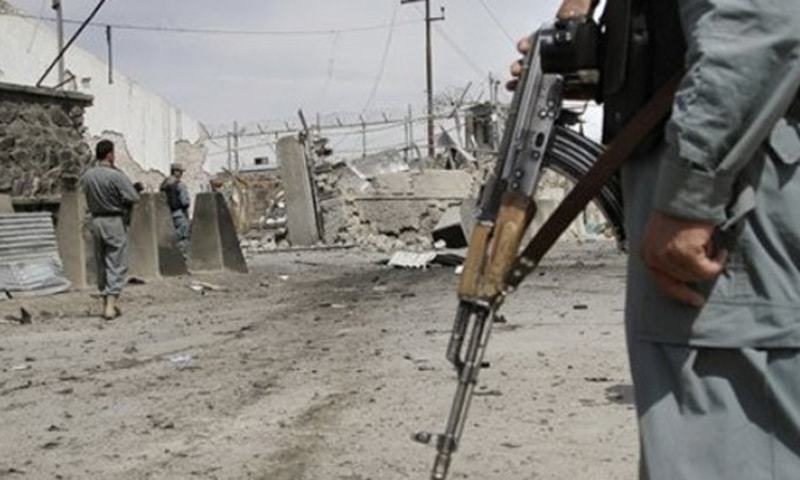UNITED NATIONS: More than 10,000 civilians were killed or injured in Afghanistan in 2019, continuing a decade-long streak of violence that has caused over 100,000 civilian casualties, says a UN report while urging all parties to stop fighting.
The 100,000 civilian casualties recorded since 2009, include more than 35,000 killed and 65,000 injured. Thirty percent of the casualties were children, says the report released in New York on Saturday by the United Nations Assistance Mission in Afghanistan (UNAMA). The United Nations started documenting the Afghan war in 2009.
The report points out that the Taliban, Afghan national security forces and pro-government armed groups, all continue to recruit and use children.
“The time is long overdue to put an end to the human misery and the tragedy,” said UN Secretary-General’s Special Representative for Afghanistan Tadamichi Yamamoto while summing up the report. “The best way to halt the killings and maiming of civilians is to stop the fighting.”
“People in Afghanistan continue to experience some of the most extreme forms of violence against innocent civilians,” said Michelle Bachelet, United Nations High Commissioner for Human Rights.
“I am appalled at the disproportionate suffering of women and children.”
The report comes as the United States and Taliban are trying to maintain a seven-day understanding to reduce violence before signing a peace deal on Feb 29.
The UNAMA report reminds all involved parties that only peace could protect Afghanistan’s civilians against this senseless cycle of violence and conflict, which began with the Soviet invasion of Afghanistan in 1979.
UNAMA attributes most civilian casualties — 62 per cent — to anti-government elements, with 47 per cent attributed to the Taliban, 12 per cent to the militant Islamic State group (Khorasan) and three per cent to undetermined and other anti-government elements.
Pro-government forces caused 28 per cent of civilian casualties in 2019 — 16 per cent by Afghan national security forces, almost eight per cent by international military forces, almost two per cent by pro-government armed groups and just under three per
cent by undetermined or multiple pro-government forces UNAMA documented 10,392 civilian casualties — 3,403 killed and 6,989 injured – in 2019, representing a five per cent decrease as compared to 2018 and the lowest overall level of civilian casualties since 2013.
“This reduction was driven by decrease in civilian casualties caused by IS (Khorasan). Civilian casualties caused by the other parties increased, particularly by the Taliban and by the international military forces,” the reports notes. IS casualties dropped steeply from the previous year, from 2,181 in 2018 to 1,223 in 2019.
‘The impact of the conflict, however, goes well beyond the numbers, considering the extensive and durable harm caused to the physical, mental, social and economic well-being of individuals, families and communities,” the report warns.
There report points out that there were significant fluctuations in violence throughout 2019, coinciding with gains and setbacks made during negotiations between the Taliban and the United States of America in Doha.
The first half of the year was characterised by an intense campaign of airstrikes by international military forces and search operations by Afghan forces. These operations contributed to a higher number of civilian deaths attributed to pro-government forces than anti-government elements.
Published in Dawn, February 24th, 2020













































